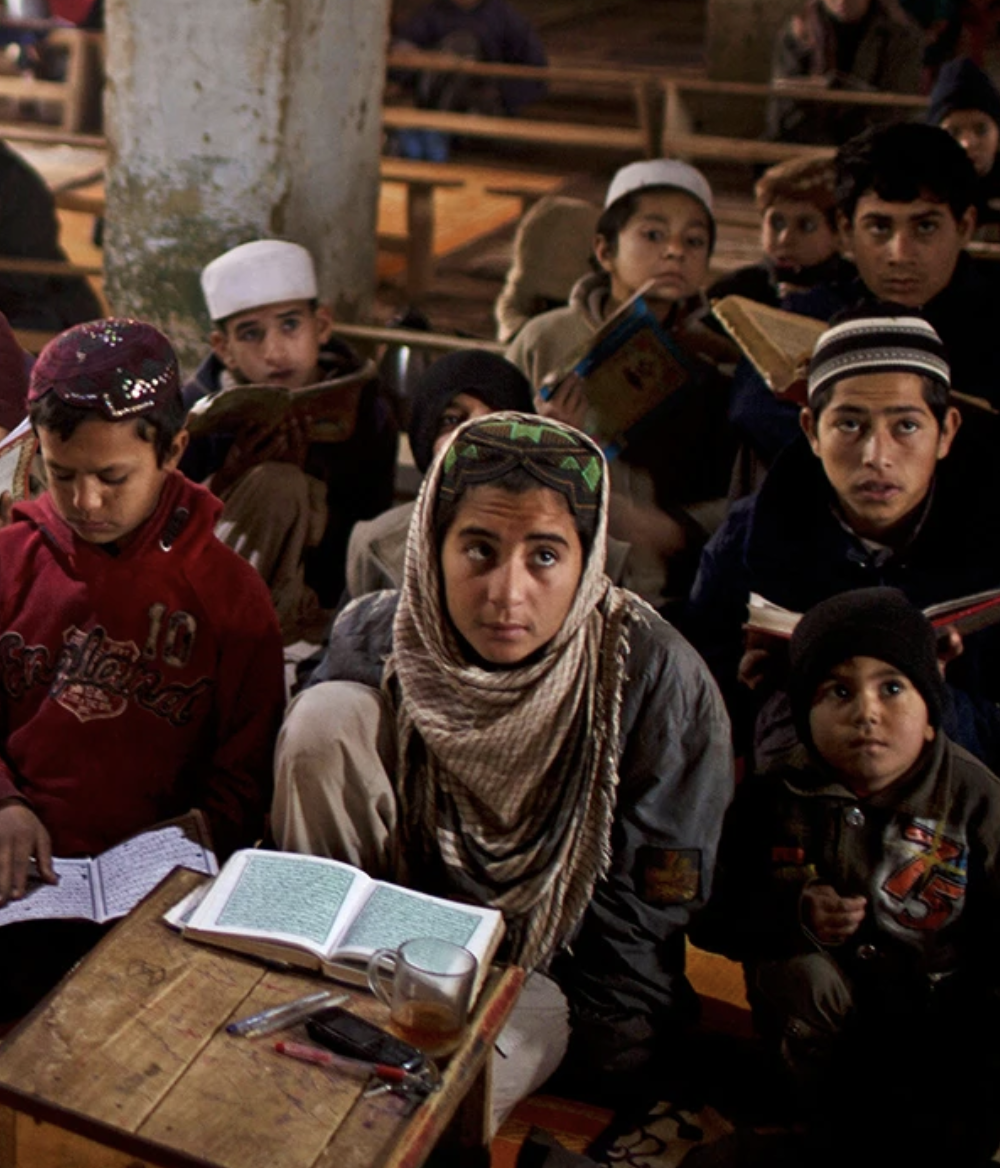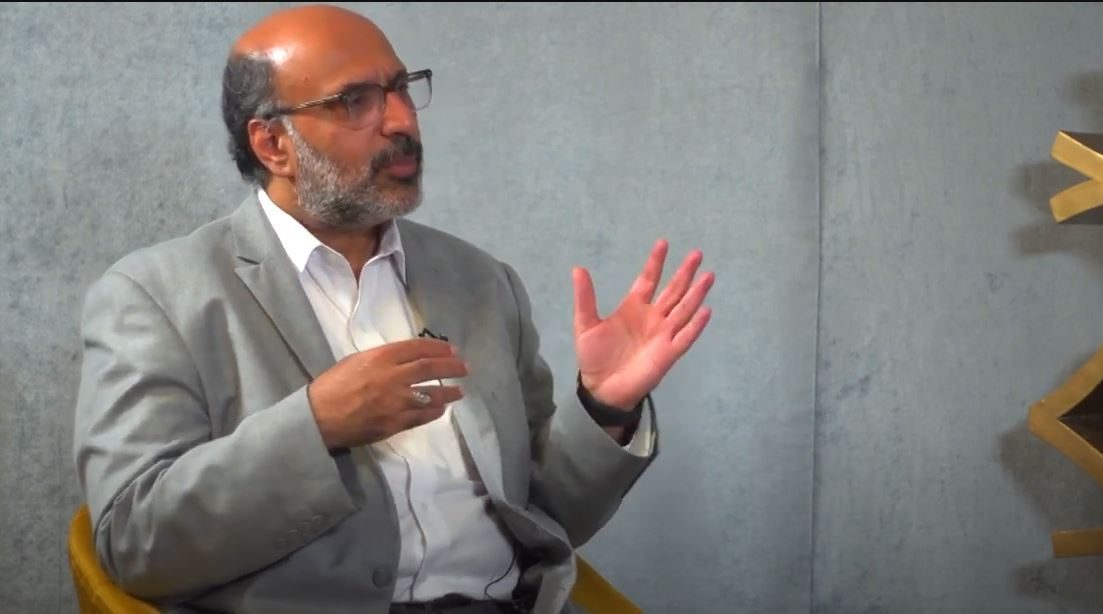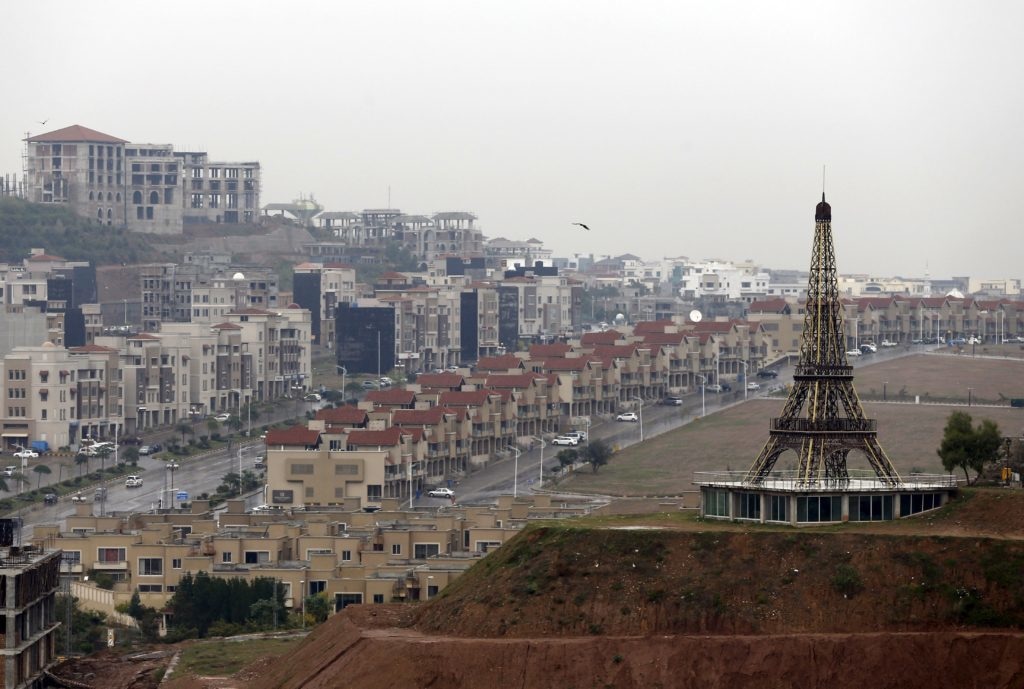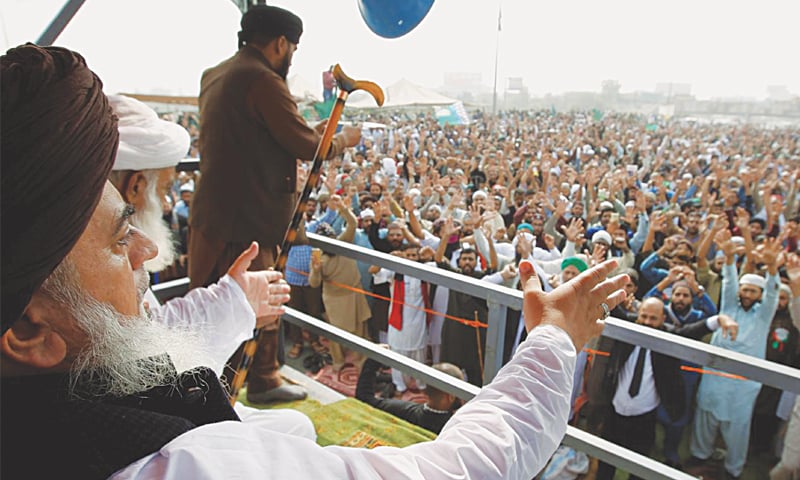NATIONAL DIALOGUE FORUM
Committed to Building an Inclusive Society
National Dialogue Forum is committed to building an inclusive society where the voices of all segments, specially, historically marginalized and disadvantaged, are included in the processes of policy-making.
UPCOMING EVENTS

- HSSP
Workshop on “Two-day Training on Digital Entrepreneurship, Digital Marketing and Freelancing” for HSSP Scholarship Holders
- September, 2023
The Latest
- December 1, 2023
- 4:19 pm
- Latest News & Updates
- By Team NDF
- December 1, 2023
- November 22, 2023
- 4:18 pm
- Latest News & Updates
- By Team NDF
- November 22, 2023
- November 22, 2023
- 4:11 pm
- Latest News & Updates
- By Team NDF
- November 22, 2023
- March 4, 2023
- 12:37 am
- Opinion Articles & Analysis
- By Dr. Danish Khan
- March 4, 2023
Our Contribution
Our Projects
Youth Development Program
NDF is empowering youth by nurturing Champions of Social Change on university campuses. The program creates safe spaces on university campuses where young people can express themselves freely and promote progressive values.
Hanns Seidel Scholarship Program (HSSP)
Aims to strengthen regional stability through extensive education by providing long-term support to young, talented students from Afghanistan who are registered as refugees in Pakistan and enrolled at Pakistani universities.
Pak Afghan Dialogue Forum
Aims to strengthen people-to-people relations based on shared interests and common goal of establishing peace in the region. We promote regional stability, peace and prosperity by fostering strong bonds, cooperation and networks between people in the region.
The Refugee Stories
Highlights the struggles and successes of Afghan refugee role models & community leaders who have excelled in adversity through their hard work and perseverance, contributing to Pakistani society and economy on the whole.
What we do
Our Services
Research, Monitoring and Evaluation:
We provide full-service research solutions tailored to each client's needs, from designing methodologies to presenting key insights. We specialize in monitoring and evaluation for development & public sector programs, measuring impact and refining interventions.
Dialogue and Advocacy
We provide a platform for diverse views to productively engage on socio-economic and political issues. By drawing from pluralistic perspectives and using dialogue as a tool, we advocate for inclusive policy reforms & interventions.
Evidence-Based Policy Making
We use rigorous research and analysis to inform policy decisions, ensuring that they are grounded in empirical evidence & data driven insights. We help our clients incorporate evidence-based approaches into their policy making processes, using data & research to inform decision-making and drive positive change.
Program Development & Implementation
NDF's evidence-based approach to program development, management, and implementation draws on sectoral expertise and stakeholder feedback to design effective and adaptive programs that deliver tangible results and positive impact.
NEWS & ARTICLES
Our Analysis
Pakistan's export growth is meagre when compared to peer-economies in the region. The main reason for this is the country's political economy, which incentivizes real estate development over agriculture and other productive sectors. To increase exports, Pakistan needs to restructure its domestic political economy and reallocate resources from non-productive to productive sectors. This can be done by progressive taxation on unproductive sectors, agrarian reforms, and urban land reforms.
The mainstream economic prescriptions for Pakistan, such as market liberalization and export-oriented industrialization, are not sustainable or equitable. The author proposes an alternative programme of structural change, which would involve delinking from global markets and reorienting investment and industrialization towards national needs. This would require a shift in the coalition of class forces in power and a fundamentally different role for the state.
Pakistan is facing a food security crisis due to a decline in the agriculture sector. The government is importing wheat and sugar at high prices, and the sector is losing employment absorption capacity. The main reasons for this are high input costs, lack of research and innovation, and the influence of middlemen. The government should shift resources to farmers and establish rural transformation centres to address these challenges.
The name CPEC (China Pakistan Economic Corridor) is well-known to many people across the world. It is recognized as China’s Belt and Road Initiative’s flagship project in Pakistan. Experts are divided on the economic advantages and environmental repercussions of this project, leaving aside the political and strategic aspect for the sake of this article. However, an examination of cross-economic gains and environmental costs is required.
Urbanisation in Pakistan is not a by-product of industrialization, but rather a result of agrarian distress, conflict, and natural disasters. The buying and selling of land is a more reliable and effective strategy to accumulate capital than productive investments in manufacturing. This has led to urban sprawl, which has dispossessed locals from their livelihoods and imposed huge social and ecological costs. The contemporary model of urbanisation in Pakistan is predicated on dispossession, exclusion, and environmental degradation.
Mangroves are a natural way to filter saline water and produce fresh water. They are also important for the conservation of sea life and the filtration of the ground water system. However, mangrove forests are being degraded due to human activities such as deforestation and urbanisation. This is a serious problem because it will lead to water scarcity in the coastal areas of Pakistan. The government should take steps to conserve mangrove forests and promote awareness about their importance.
The Pakistan Council of Research in Water Resources (PCRWR) released a warning in May regarding the national water crisis. This has raised consternation among concerned citizens. At this stage, Pakistan is ranked third among countries that are facing water scarcity. According to the PCRWR, the country may run out of water by 2025 if proper mitigation measures aren’t taken immediately by the authorities.
Aasim Sajjad Akhtar’s The Politics of Common Sense: State, Society and Culture in Pakistan is a much needed addition to the political economic literature on Pakistan. In line with most heterodox literature on Pakistan, the point of departure for The Politics of Common Sense is the late social scientist, academic and political activist Hamza Alavi’s work. But it marks a major break from Alavi’s statist approach by offering a dynamic and dialectical understanding of the post-colonial social formation of Pakistan.
Our vision is to create a peaceful, pluralistic society that actively promotes the inclusion of historically marginalized and disadvantaged voices in policy-making processes, leading to sustainable development, a better future for all and prosperity for communities

Debates and discussions
Policy Dialogues

NDF Policy Dialogue with Dr. Hassan Abbas
NDF is privileged to have hosted a policy dialogue on the current dynamics of the Taliban regime in Afghanistan, featuring Dr. Hassan Abbas, distinguished professor at the Near East South Asia Strategic Studies Centre (NESA) within the National Defense University in Washington, DC.

Adam Weinstein in Conversation with Dr. Simbal Khan
Dr. Simbal Khan and Adam Weinstein discuss the recent developments in Afghanistan & the region.

Andrew Small in Conversation with Dr. Simbal Khan
Dr Simbal Khan and Andrew Small discuss the Taliban takeover of Afghanistan and Russian invasion of Ukraine in the backdrop of the rise of China

Ramesh Singh Arora at NDF discusses minority rights in Pakistan
Varda Rasheed and Ramesh Singh Arora discuss the launch of the Kartarpur Corridor in Pakistan

Dr. Danish Khan in conversation with Raza Rumi
Dr. Danish Khan and Raza Rumi discussed various aspects of the political economy of Pakistan.

Dr. Danish Khan in conversation with Dr. Vaqar Ahmed and Dr. Asim Sajjad
Dr. Aasim Sajjad Akhtar and Dr. Vaqar Ahmed at National Dialogue Forum (NDF) discuss the structural issues in Pakistan's economy and the role of IMF.

Aiza Ashraf in conversation with Jamshed Qazi Country Representative UNWOMEN Pakistan
Aiza Ashraf and Jamshed Qazi discuss various gender related issues in Pakistan.








